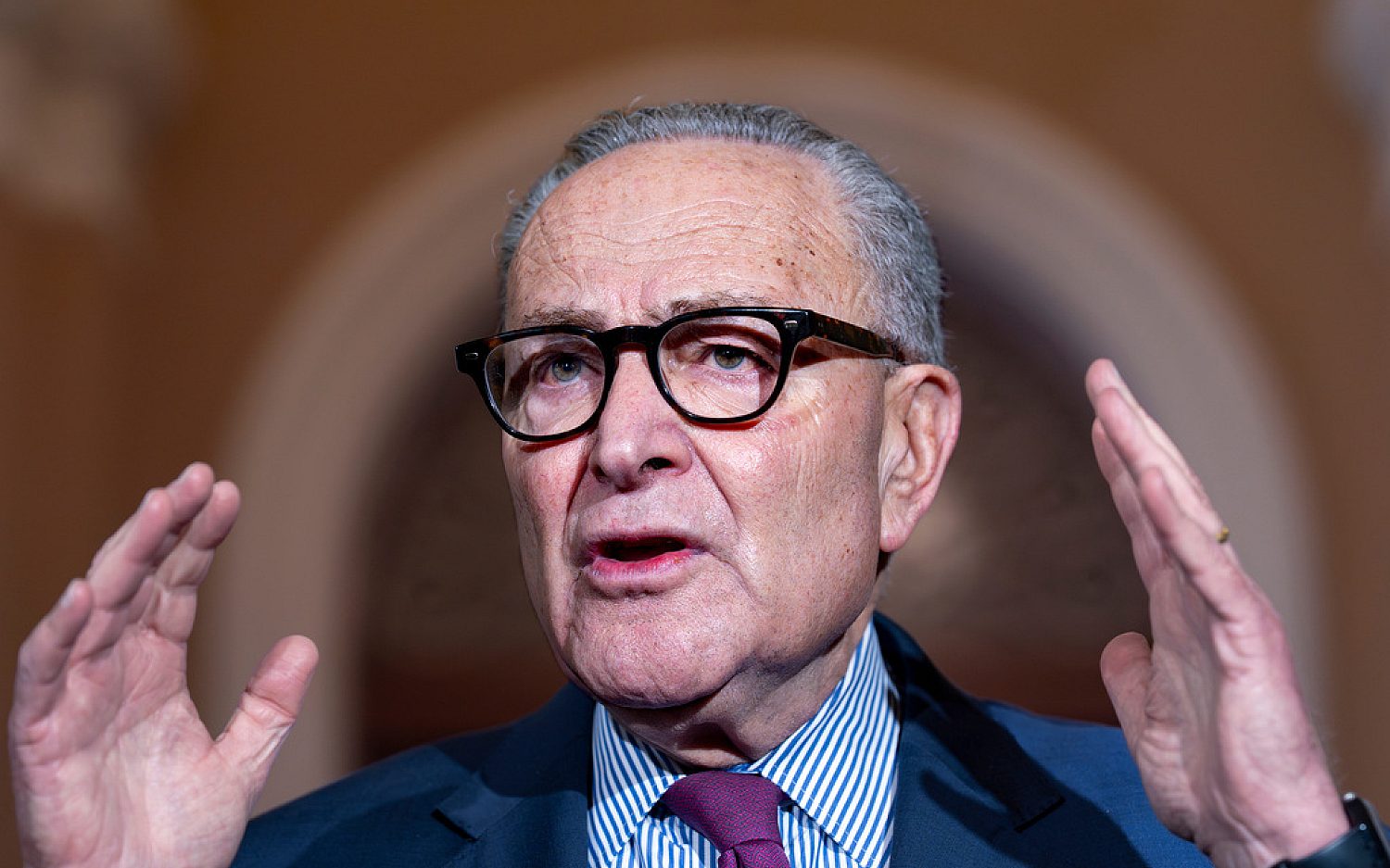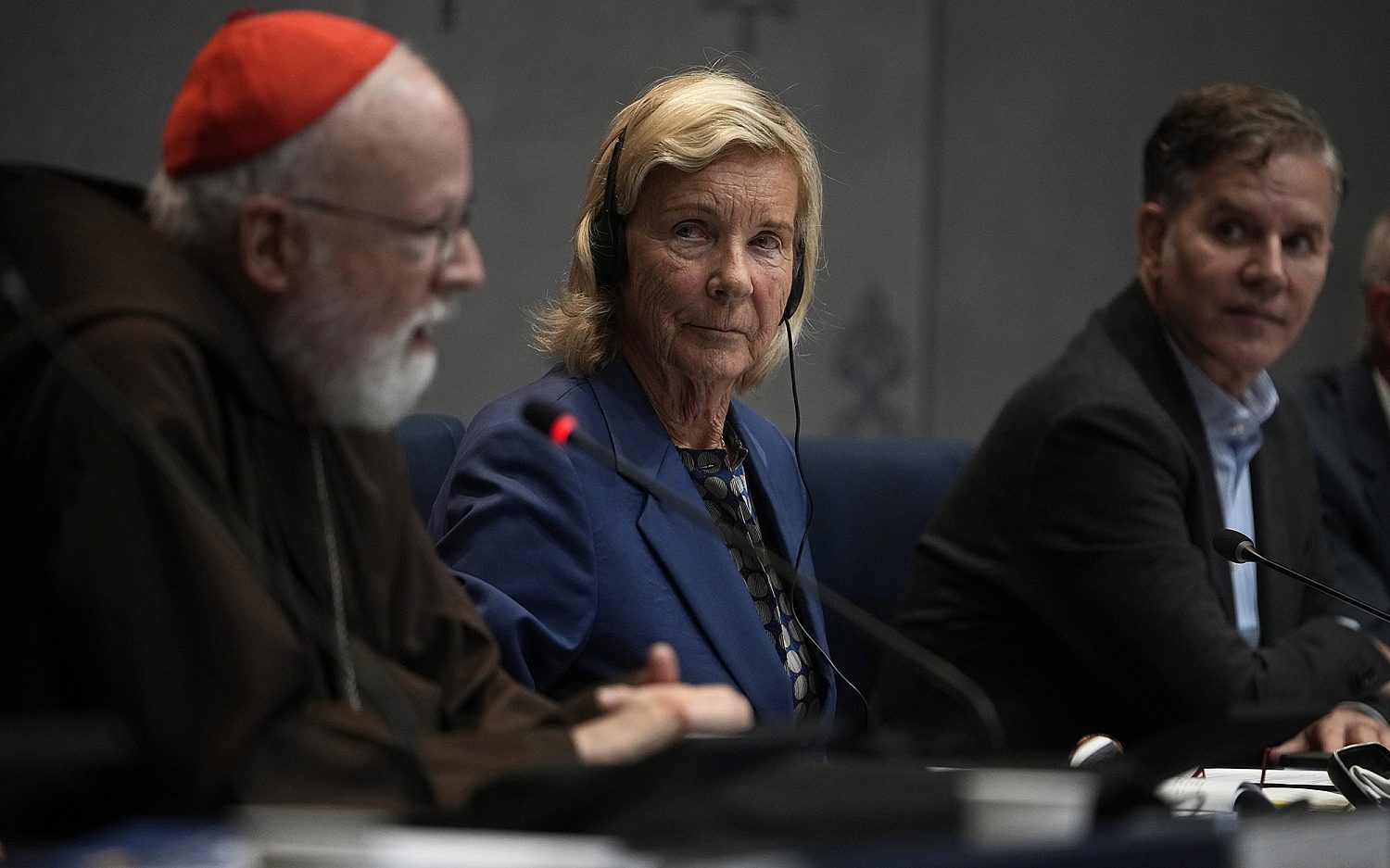Cunning or crazy?
Conservative legal minds split on Chief Justice John Roberts' healthcare opinion
WASHINGTON-Conservative legal scholars can't seem to agree: Is Chief Justice John Roberts crazy, or crazy like a fox?
Those who think Roberts' healthcare opinion Thursday (see "The decision," June 28) was clever have compared it to Chief Justice John Marshall's landmark opinion in Marbury v. Madison, which recognized the power of judicial review. In that 1803 opinion, Marshall threaded a needle when his court was pitted against his political adversary: President Thomas Jefferson. Marshall's opinion established the Supreme Court's power of judicial review but also ruled that the court lacked jurisdiction to rule against Jefferson's administration in that specific case. So he skipped a bashing of Jefferson but expanded the court's power.
Former U.S. Circuit Judge Michael McConnell said, as a matter of policy, he considers the healthcare law "a disaster." But what Roberts did? "Quite deft," said McConnell, who has been considered a strong candidate for the Supreme Court himself. "I think he has a genuine commitment to judicial restraint, and we saw that. I think he also has a long-term desire to make the Supreme Court less of a controversial and politically charged institution."
But in the process of accomplishing that goal, McConnell said, Roberts established tight limits on federal power going forward: "If you think about the case raising long-term constitutional questions, the challengers [of the healthcare law] prevailed on all the important points."
For conservative legal scholars, one of the most important points in this ruling was how Roberts curbed Congress' regulatory power under the Commerce Clause. McConnell also said the 7-2 rejection of the expansion of Medicaid was a significant curb on Congress' spending power.
Others think Roberts' opinion was a little too deft and a little too clever.
Libertarian legal scholar Richard Epstein, in a New York Times op-ed, said Roberts made a hash of the case, redefining how Congress wrote the law and vastly expanding Congress' tax power. As a result, anytime Congress wants to require economic activity under the Commerce Clause, which Roberts expressly forbid, Epstein said Congress could require the activity through taxes. The power to tax should not be so much greater than the power to regulate because the two are intertwined, he said, thus Roberts' opinion was "confused at its core."
Some of the top legal minds in the land-four Supreme Court justices-thought Roberts effort to pretzel the mandate into a tax power was foolish, too. Justices Anthony Kennedy, Antonin Scalia, Clarence Thomas, and Samuel Alito wrote in their joint dissent that Roberts' argument "carries verbal wizardry too far, deep into the forbidden land of the sophists." They said Roberts' opinion was the opposite of "judicial modesty," and said the truly modest approach was to stay out of "judicial tax-writing."
Confusion persists about Roberts' reasoning over the word "tax." The first day of arguments in the healthcare case in March focused on the Anti-Injunction Act, a law that prohibits any legal challenges to a tax until it's collected. If the penalty for not buying health insurance counted as a "tax," then no one could challenge the law until after paying the tax, in 2014 at the earliest.
Under that argument, the Supreme Court would dismiss all the challenges to the mandate.
Roberts' opinion said the "penalty" was a "penalty" under the Anti-Injunction Act, but the "penalty" was a "tax" under Congress' constitutional taxing power. Since the "penalty" was a "penalty" under the Anti-Injunction Act, the court could decide whether the penalty (or tax) was constitutional.
"It's not obvious," McConnell said, chuckling. He originally assumed that if the court considered the "penalty" a "tax" then it would say the case wasn't ready for a ruling.
Roberts spoke at a prescheduled event at a resort in southwest Pennsylvania Friday, finding himself in a swirl of questions about the healthcare case. But he only made glancing reference to Thursday's decision. With the term behind him, Roberts said he plans to teach a summer course in Malta, calling it "an impregnable island fortress … it seemed like a good idea."
Listen to a report on the Supreme Court's decisions on WORLD's radio news magazine The World and Everything in It.
An actual newsletter worth subscribing to instead of just a collection of links. —Adam
Sign up to receive The Sift email newsletter each weekday morning for the latest headlines from WORLD’s breaking news team.





Please wait while we load the latest comments...
Comments
Please register, subscribe, or log in to comment on this article.